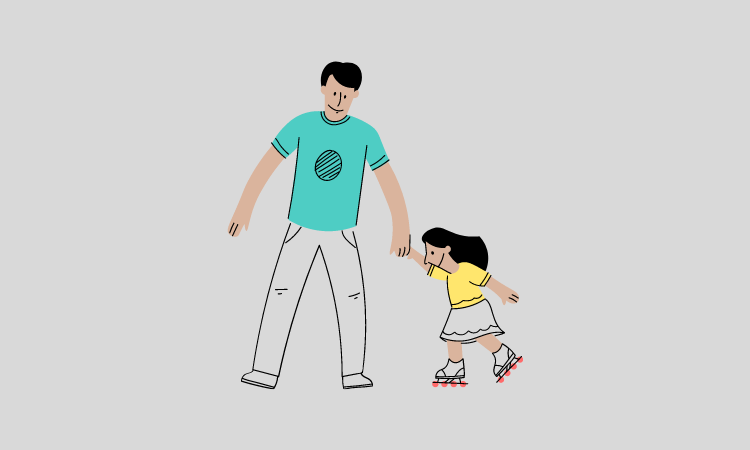Business of Fintech, Member Exclusive
Better Financial is building a challenger bank to help customers with financial shocks
- There are a lot of me too challenger banks on the market.
- Better Financial wants to embed customer checking accounts with all kinds of products that prepare them for the unexpected.








